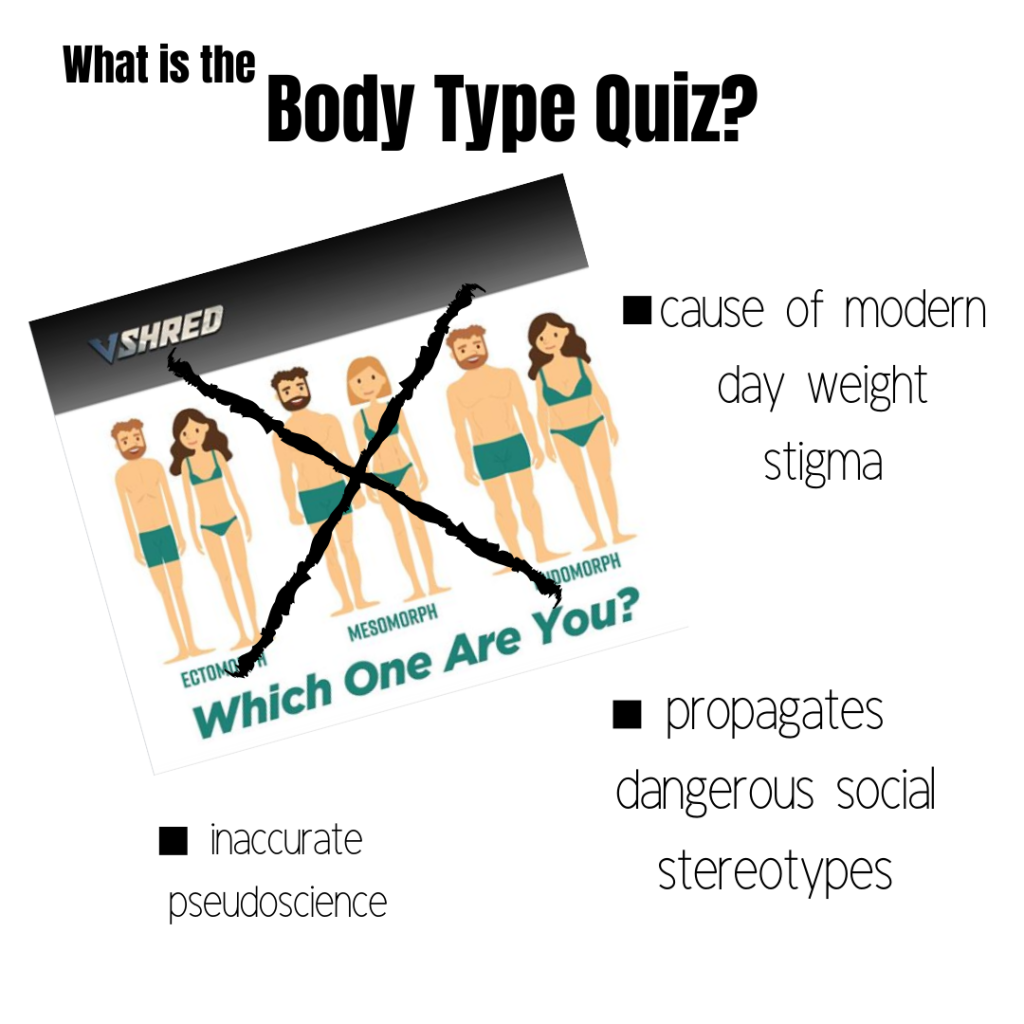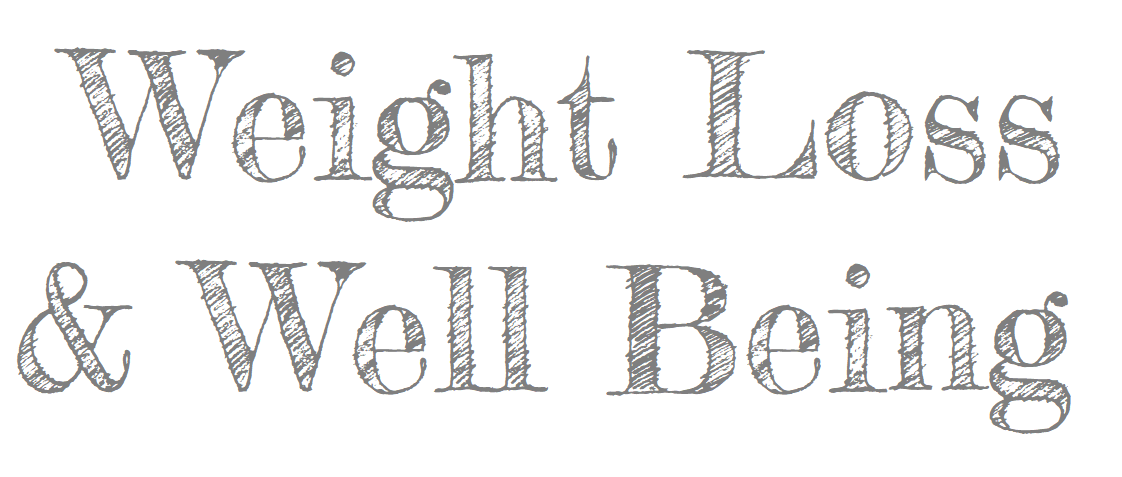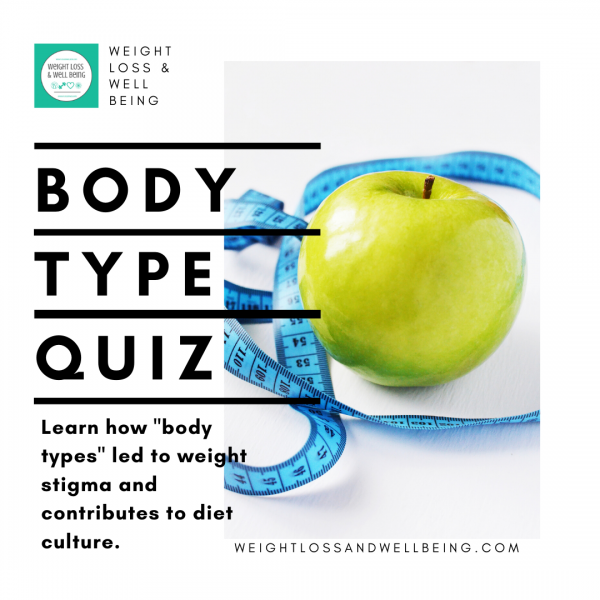This Body Type Quiz is everywhere right now. I’m seeing it on website ads, Youtube commercials, and throughout Instagram posts. But is there any truth to it’s claims that your diet and exercise routine should depend entirely on your body type?
The Body Type Quiz is completely misleading and inaccurate. It is also a socially irresponsible idea to propagate.
Let’s find out exactly where this “Body Type” idea came from. It has recently resurfaced and been hijacked by the wellness community. And they have turned into another piece of terrible health advice.
The History of Somatotypes
The concept of “body types,” called Somatotypes, was first created in the 1940s by the Psychologist William Sheldon. There are three Somatotypes: Endomorphic, Mesomorphic, and Ectomorphic.

The names were chosen, not based on any applicable terminology, but simply from embryonic development. The ectomorph is characterized as a slender, slim, or narrow frame that is lightly muscled. The endomorph is seen as the stockier, heavier build that is also more prone to fat storage.
And the mesomorph is in between these two. They are a blend of both and more physically balanced between fat storage and muscle development. These labels were applied without judgement at first, but the scientists started to add qualifications to the body types. On top of these physical assessments the scientists applied social stereotypes through what they call Constitutional Psychology.

The terms are still in occasional use in academia by his successors. However, the somatotypes took a serious pseudoscience turn in the 1950s. Sheldon and another psychology Earnest Hooten established a school of thought (popular within anthropology at the time) that the size and shape of a person’s body could dictate their intelligence, future achievement, and moral worth.
Constitutional Psychology
They added that ectomorphs tend to be more sensitive, submissive, and effeminate. The endomorphs were lazy, selfish, and jovial. While the mesomorphs were considered the more athletic, aggressive, and dominant.
Because of this, the mesomorphs were also said to be more likely to commit criminal acts. This system was developed simply as a naming scheme, or a means to categorize human physiques, simply based on their current appearance.
But was taken to a very dark place once they started making personality assumptions based on those physical characteristics. That’s right, we have found the birth of “diet culture” and “weight stigma.” And the science it was founded on, has now become a staple in the wellness community.
We obviously know that a person’s worth, ability, level of intelligence, or any other trait is not dependent on their physical size or health status at all. This has long been established, and is something the Body Positive Community actively fights against.
Body Type Quizzes
So who are the people using this completely outdated, socially irresponsible concept to promote what they think is health and wellness? The most notorious offender is Vshred.com.
They claim that each body type differs in how they gain muscle, store fat, and have difference nutritional requirements. There is absolutely zero research to support this theory.
In fact, research has actually suggested that you can move throughout these body types multiple times in a lifespan. These somatotypes are merely the physical status of your body as it is now.

It does not dictate how you should eat or the exercises you should perform. Think of them as a naming system that has no other relationship to health or wellness.
Dangers of Body Type Quizzes
By perpetuating this concept of somatotypes dictating our health status, we are also perpetuating the mental and social stereotypes of these body types. Using these as purely labeling mechanisms for existing body types is fine. But by adopting the implication of their health status, we are also cosigning their psychological trait application as well.

This promotes a dangerous stigma and stereotype discourages people from attempting weight loss and seeking a healthy lifestyle. And by applying these dangerous generalizations we are contributing to the stereotyping and profiling that has wreaked havoc throughout our social institutions for centuries.
Making assumptions about people’s value and worth based on their physical appearance is wrong. Even worse making assumptions about people’s personalities and moral worth based on their physical appearance is also wrong and completely unfounded scientifically.











